Dystopian Classic By George Orwell Enjoys Comeback Following Recent Events in American Politics26/1/2017 by Rana Asfour It seems that George Orwell’s ‘Nineteen Eighty-Four’ book, which was first published in 1949, has made it to the top of many bookseller’s bestseller lists. The book talks of a futuristic totalitarian state run by ‘Big Brother’ and according to a spokesman for Signet Classics which currently publishes '1984' and as reported by npr, the sales of the book have increased almost 10,000 percent since the inauguration.
According to The Guardian ‘Sales of George Orwell’s dystopian drama '1984' have soared after Kellyanne Conway, adviser to the reality-TV-star-turned-president, Donald Trump, used the phrase ‘alternative facts’ in an interview'. According to CNN, Penguin has begun printing more copies of ‘Nineteen-Eighty-Four’ to meet the demand. In the book Winston Smith is hidden away in the Record Department of the sprawling Ministry of Truth, skilfully rewriting the past to suit the needs of the Party. Yet he inwardly rebels against the totalitarian world he lives in, which demands absolute obedience and controls him through the all-seeing telescreens and the watchful eye of Big Brother, symbolic head of the Party. In his longing for truth and liberty, Smith begins a secret love affair with a fellow-worker Julia, but soon discovers the true price of freedom is betrayal. Orwell wrote 1984 just after World War II ended, wanting it to serve as a warning to his readers. He wanted to be certain that the kind of future presented in the novel should never come to pass, even though the practices that contribute to the development of such a state were abundantly present in Orwell's time. Speaking to PBS (full article HERE), British historian and Orwell biographer, Peter Stansky said that Conway’s phrase ‘alternative facts’ was ‘very Orwellian’, ‘very newspeak’’ and that he believes the novel is witnessing a comeback in big part because of President Trump’s governing tactics. It seems that this is not the first time that sales of this book in particular have soared. It enjoyed an increase in sales after President Ronald Reagan took to office, and again in 2013 after Edward Snowden’s revelations regarding the extent of American surveillance operations came to light.
0 Comments
Beaten at my own game ... by a 4-year-old! So, just when I am all the way congratulating myself on reading 120 books last year, I soon find out that I am royally beaten at my own game; out-read by a 4-year-old girl, who has already read 4000 books! I kid you not! And …. She got to be ‘librarian of the day’ at none other than the Library of Congress. Check out this amazing girl’s story HERE. Small & Beautiful ... With schools now back on, many are returning with beautiful stories and photos of things they’ve done and places they’ve been in the three-week winter holidays. Particularly gorgeous were the photos sent in by my wonderful friend Maria Andrea Ghersi. While holidaying in Venice, Italy just after the New Year with her son Mateo, she happened upon these fantastic miniature books and furniture in the San Marco district and thought of me. Here I share them with you too… Try Before You Buy Two day ago Pushkin Press released the stunning new paperback of ‘Summer Before the Dark’ by Volker Weidermann, translated by Carol Brown Janeway. A BBC Radio 4 Book of the Week, enthralling, masterfully-drawn portrait of a coterie of artists and intellectuals taking shelter against the horrors of the Second World War. Estranged friends Stefan Zweig and Joseph Roth form the centrepiece of this fragile haven, as this circle of luminaries try to weather the storms raging in Europe. If you’d like to read the first chapter, click HERE. Aura Xilonen’s ‘The Gringo Champion’, translated by Andrea Rosenberg is to be released on January 19 by Europa Editions. Winner of the Mauricio Achar Prize for Fiction, it is the story of Liborio who has to leave Mexico, a land that has taught him little more than a keen instinct for survival. He crosses the Rio Bravo, like so many others, to reach "the promised land." And in a barrio like any other, in some gringo city, this illegal immigrant - and boxer - tells his story and how he finds himself on a path that just might save him.
It's been described as "Million Dollar Baby "meets "The Brief Wondrous Life of Oscar Wao," and a ‘story of migration and hope that is as topical as it is timeless’. If you’d like to read an excerpt click HERE. by Rana Asfour The beginning of a new year means many things to different people. But to film buffs - a few friends' names come to mind - it signifies the beginning of the awards season. This Sunday (tomorrow) brings with it the 74th Golden Globes which honors the year's best in film and television productions. Here are the film nominations I'll be looking out for naturally because they're all based on books that have had their own resounding success! LION Best picture, Drama - Best Original Score (starring: Dev Patel up for best supporting actor / Nicole Kidman up for best supporting actress) Based on the non-fiction book 'A Long Way Home' by Saroo Brierley What it's about: Five year old Saroo gets lost on a train which takes him thousands of miles across India, away from home and family. Saroo must learn to survive alone in Kolkata, before ultimately being adopted by an Australian couple. Twenty five years later, armed with only a handful of memories, his unwavering determination, and a revolutionary technology known as Google Earth, he sets out to find his lost family and finally return to his first home. Hacksaw Ridge Best picture (starring: Andrew Garfield up for best performance by an actor in a motion picture - Drama) Inspired by the book 'Redemption at Hacksaw Ridge' by Booton Herndon What it's about: The extraordinary true story of conscientious objector Desmond T. Doss who saved 75 men in Okinawa, during the bloodiest battle of WWII, without firing a single shot. Believing that the war was just but killing was nevertheless wrong, he was the only American soldier in WWII to fight on the front lines without a weapon. As an army medic Doss single-handedly evacuated the wounded near enemy lines - braving enemy fire and putting his own life on the line. He was the first conscientious objector to ever win the Congressional Medal of Honor. Arrival Best picture & Best original score (starring Amy Adams up for best performance by an actress in a motion picture - Drama) Based on the 1998 short story 'Stories of your Life' by Ted Chiang which includes the story 'Story of Your Life' which the film is based on. What it's about: Linguistics professor Louise Banks (Amy Adams) leads an elite team of investigators when gigantic spaceships touch down in 12 locations around the world. As nations teeter on the verge of global war, Banks and her crew must race against time to find a way to communicate with the extraterrestrial visitors. Hoping to unravel the mystery, she takes a chance that could threaten her life and quite possibly all of mankind. Nocturnal Animals Best Screenplay (starring Aaron Taylor-Johnson up for best supporting actor / Amy Adams / Jake Gyllenhaal ) Based on the 1993 novel 'Tony & Susan' by Austin Wright What it's about: An art gallery owner is haunted by her ex-husband's novel, a violent thriller she interprets as a veiled threat and a symbolic revenge tale. Elle Best Motion Picture -Foreign Film (starring Isabelle Huppert)
Based on the novel 'Oh...' by Philippe Djian What it's about: The successful CEO (Isabelle Huppert) of a video game company tries to learn the identity of the man who raped her. by Rana Asfour Revised content:
BookFabulous would like to apologise for inadvertently having sent out the unedited version of this article to subscribers. Below is the revised version. Today saw a gathering of avid readers at a private literary salon in Dubai at which writer and author Saleem Haddad was star guest. The author of 'Guapa' - which means beautiful in Spanish - is a coming-of-age novel that deals with issues of identity, societal norms and expectations, homosexuality, dictatorship, rootlessness, the Arab Spring and familial relationships. For two solid hours the author fielded questions from the group who were also treated to a reading of the writer's favourite passage from the book. On his novel, Haddad said that he had never set out to write his book to start a discussion about homosexuality in the Middle East, although utlimately it is exactly what it ended up doing. His main reason for penning 'Guapa' he explained was to try and understand how a person finds his/her space in the world and to examine how the political ongoings of the Middle East mirror family relationships, gender and sexuality as well as what it means to be 'an Arab in American eyes' following the events of 9/11. Born in Kuwait City in 1983 to a Lebanese-Palestinian father and an Iraqi-German mother, Saleem Haddad was educated in Jordan, Canada, and the United Kingdom where he currently lives. He has also worked as an aid worker with 'Doctors Without Borders' and other organizations in Yemen, Syria, Egypt and Iraq. 'Because of my different travels and the different places I lived, I learnt a lot about myself and how differently people perceived me in different countries - as Arab, Christian, gay, etc. - Perhaps because of all my travels, I find the idea of rootlessness haunting, but I also feel that due to my diverse background, I have the history of an entire region inside of me and I felt I could write a novel set in the Middle East,' he explained to the audience. 'Guapa' is set over the course of twenty-four hours and follows Rasa, a gay man living in an unnamed Arab country, as he tries to carve out a life for himself in the midst of political and social upheaval. 'My novel is set in the Arab world. I chose not to name the country and to leave that ambiguous in order to avoid any pre-conceived ideas from the readers that they may have of a certain country if it were named. My novel highlights relationships within the LGBT community, so because of the vulnerability of this community in the Middle East, I was worried that setting the story in a specific country would expose its members to threats and danger and I didn't want that.' Unlike his character Rasa in the novel, Saleem is openly gay and is backed by family and friends - his mum was present at today's presentation - in spite of the fact that in most parts of the Arab world, homosexuality is not only 'shameful' but also punishable by law. However, the writer stresses, his novel is in no way an autobiography. 'Guapa' is a brave and confident novel and one thing it does not do is shy away from taboo writing when it comes to Rasa's sexual encounters with his male partners. In response to what some in the audience labeled as an 'unnecassary vulgar explicit scene' in the book in reference to Rasa's encounter with a taxi driver at the tender age of 14, he said: 'The taxi scene at the beginning of the book was a necessary one. I regard it as the only explicit scene in the entire book and I felt that it was very necessary that it be written that way. I cannot write a book about 'shame' (or 'eib' as it is known in Arabic) unless I transcend my own views and struggles with what is shameful to write. So the decision to include it in the book was a political and an artistic decision'. The novel also sheds light on the aftermath of a failed Arab Spring that resulted in crushing the dreams of a younger generation who had bargained on its success and all the 'freedoms' it promised to bring. Instead what ensued was a total dissolution of most, if not all, freedoms - particulary to members of the LGBT community - not to mention the ensuing concomitant political chaos and instability in the region. 'When the Arab Spring was taking place, I was studying abroad and all I wanted was to come back to the Middle East and be a part of what was going on. Now, however, it has become painful being an Arab in the Middle East where everyone is frustated and unhopeful. This is sadly the reality that we have to accept. Many places in the Arab World have become unlivable and corrupt. People, myself included, now realise that unless they are corrupt or have 'wasta' then they have no chance of advancing in their country. So, like me, they are choosing to leave'. 'But 'Guapa' is also a story about love which is also very political and very scary. By love, I am refering to all kinds of love; familial, love of country etc. It is also a novel filled with humour which is also quite a revolutionary and powerful act of resistance.' 'Guapa' is set over the course of twenty-four hours and follows Rasa, a gay man living in an unnamed Arab country, as he tries to carve out a life for himself in the midst of political and social upheaval. Rasa spends his days translating for Western journalists and pining for the nights when he can sneak his lover, Taymour, into his room. One night Rasa's grandmother—the woman who raised him—catches them in bed together. The following day Rasa is consumed by the search for his best friend Maj, a fiery activist and drag queen star of the underground bar, Guapa, who has been arrested by the police. Ashamed to go home and face his grandmother, and reeling from the potential loss of the three most important people in his life, Rasa roams the city’s slums and prisons, the lavish weddings of the country’s elite, and the bars where outcasts and intellectuals drink to a long-lost revolution. Each new encounter leads him closer to confronting his own identity, as he revisits his childhood and probes the secrets that haunt his family. As Rasa confronts the simultaneous collapse of political hope and his closest personal relationships, he is forced to discover the roots of his alienation and try to re-emerge into a society that may never accept him. COSTA FIRST NOVEL AWARD WINNER 2016 'Golden Hill' by Francis Spufford, Faber & Faber About the book: New York, a small town on the tip of Manhattan Island, 1746. One rainy evening, a charming and handsome young stranger fresh off the boat from England pitches up to a counting-house in Golden Hill Street, with a suspicious yet compelling proposition – he has an order for a thousand pounds in his pocket that he wishes to cash. But can he be trusted? This is New York in its infancy, a place where a young man with a fast tongue can invent himself afresh, fall in love, and find a world of trouble . . . About the author: Francis Spufford was born in 1964. A former Sunday Times Young Writer of the Year (1997), he is the author of five highly-praised books of non-fiction. The first, 'I May Be Some Time', won three literary prizes, and helped create a small new academic field, dedicated to the cultural history of Antarctica. His fourth, 'Red Plenty', has been translated into nine languages, including Polish, Russian and Estonian; 'Unapologetic' is richer in expletives than any previous work of religious advocacy, and was shortlisted for the Michael Ramsey Prize for Theological Writing. He has been longlisted or shortlisted for prizes in science writing, historical writing, political writing, theological writing and writing ‘evoking the spirit of place’. In 2007 he was elected a Fellow of the Royal Society of Literature. He teaches writing at Goldsmiths College, University of London, and lives near Cambridge. His first novel, 'Golden Hill', was published in 2016. What the judges said: “A captivating and dazzlingly original tale that heralds a bold, invigorating new voice in fiction.” COSTA NOVEL AWARD WINNER 2016 'Days Without End' by Sebastian Barry, Faber & Faber About the book: After signing up for the US army in the 1850s, aged barely seventeen, Thomas McNulty and his brother-in-arms, John Cole, go on to fight in the Indian wars and, ultimately, the Civil War. Having fled terrible hardships themselves, they find these days to be vivid and filled with wonder, despite the horrors they both witness and are complicit in. Their lives are further enriched and endangered when a young Indian girl crosses their path, and the possibility of lasting happiness emerges, if only they can survive. About the author: Sebastian Barry was born in Dublin in 1955. His plays include 'The Steward of Christendom' (1995), 'Our Lady of Sligo' (1998) and 'The Pride of Parnell Street' (2007). His novels include 'A Long Long Way' (2005), 'The Secret Scripture' (2008), winner of the Costa Book of the Year, 'The Temporary Gentleman' (2014) and 'Days Without End' (2016). He has won, among other awards, the Kerry Group Irish Fiction Prize, the Irish Book Awards Novel of the Year, the Independent Booksellers Prize and the James Tait Black Memorial Prize. 'A Long Long Way' and the top ten bestseller 'The Secret Scripture' were shortlisted for the Man Booker Prize. He lives in County Wicklow. What the judges said: 'A miracle of a book – both epic and intimate – that manages to create spaces for love and safety in the noise and chaos of history.' COSTA BIOGRAPHY AWARD WINNER 2016 'Dadland: A Journey into Uncharted Territory' by Keggie Carew, (Chatto & Windus) About the book: Keggie Carew grew up in the gravitational field of an unorthodox father who lived on his wits and dazzling charm. As his memory begins to fail, she embarks on a quest to unravel his story, and soon finds herself in a far more consuming place than she had bargained for. Tom Carew was a maverick, a left-handed stutterer, a law unto himself. As a member of an elite SOE unit he was parachuted behind enemy lines to raise guerrilla resistance in France, then Burma, in the Second World War. But his wartime exploits are only the start of it..... About the author: Keggie Carew was born in Gibraltar and brought up in Hampshire. She has lived in West Cork, Barcelona, Texas, Auckland and London. Before writing, her career was in contemporary art, exhibiting her work in Ireland, London and New Zealand. She and her husband moved to London in 1995 where she studied English Literature and Art History at Goldsmiths University of London, and ran an alternative art space called JAGO. In 2010 she opened a pop-up shop in East End of London called 'theworldthewayiwantit'. In 2004, with sudden access to her father’s attic, she discovered two trunks of astonishing material that would seed the genesis of 'Dadland'. Two years later she began to research into her father’s past, and by 2009, having collected a vast amount of information together with her own memories and experiences, realised she had an extraordinary story to tell. Keggie is presently helping her husband, Jonathan, establish an environmental nature reserve on 16 acres of land, by reinstating a bio-diverse habitat for owls, bats, dragonflies, dormice and other wildlife. They live in a small rural cottage in Wiltshire, near Salisbury. What the judges said: 'We all adored this hilarious and heartbreaking book – you’ll be so glad you read it.' About the book: Mutability – a sense that all matter is unstable in the face of mortality – is at the heart of this collection, and each poem is involved in that drama: the held tension that is embodied life, and life’s losing struggle with the gravity of nature. Working as before with an ear to the oral tradition, these poems attend to the organic shapes and sounds and momentum of the language as it’s spoken as well as how it’s thought: fresh, fluid and propulsive, but also fragmentary, repetitive. These are poems that are written to be read aloud. About the author: Alice Oswald lives in Devon and is married with three children. Her collections include 'Dart', which won the 2002 T S Eliot Prize, Woods etc. (Geoffrey Faber Memorial Prize), 'A Sleepwalk on the Severn' (Hawthornden Prize), 'Weeds and Wildflowers' (Ted Hughes Award) and, most recently, 'Memorial', which won the 2013 Warwick Prize for Writing. ‘Dunt’, included in this collection, was awarded the Forward Prize for Best Single Poem. What the judges said: 'We were all in awe of this book – please read it!' COSTA CHILDREN’S BOOK AWARD WINNER 2016 'The Bombs That Brought Us Together' by Brian Conaghan, Bloomsbury About the book:
Charlie has always lived in Little Town. It’s home: the curfew, the Regime, the thugs, the poverty. He knows the rules. Then he meets Pavel. Scrawny, sweary, with fierce blue eyes, he is a refugee from Old Country – Little Town’s sworn enemy. The wrongest person in the whole place to choose as a friend. But when the bombs come, the rules of Little Town change. Country or friend? Trust or betrayal? Future or past? Right or wrong: Charlie must choose. About the author: Brian Conaghan was born and raised in the Scottish town of Coatbridge but now lives in Dublin. He studied at the University of Glasgow where he gained a Master of Letters in Creative Writing. Brian wasn’t destined to become an author. He left school at the age of sixteen to take up an apprenticeship in painting and decorating with the local authority. After a number of years on construction sites, he returned to college in an attempt to gain his secondary school qualifications. Following an intense two-year combination of work and study, he received enough grades to further his education and discovered an enduring passion for books, writing and drama. After university, Brian co-founded 'Vanishing Point Theatre Company', where his creative flame was ignited, and tried his hand at acting, DJing and teaching. He taught secondary school English in Scotland, Italy and Ireland for a number of years and in his early thirties he began to write fiction, accumulating a healthy pile of rejection letters (217 in total) before finding a publisher and an agent. He embarked on a full-time writing career in 2013. His first novel 'The Boy Who Made it Rain' was published in 2011. His second book, 'When Mr Dog Bites', attracted a major pre-emptive offer from Bloomsbury, who published it in the UK and the USA, and was translated into eight languages. It was shortlisted for the Carnegie Medal in 2015, attracting both praise and controversy for its honest, moving and humorous depiction of a teenage boy with Tourette's syndrome. 'The Bombs That Brought Us Together' was published in 2016 to critical acclaim. His new novel, co-authored with Carnegie Medal winner Sarah Crossan and written in verse, 'We Come Apart', will be published in February 2017. What the judges said: 'Timely yet also hilariously funny, 'Bombs' is a necessary take on modern life in extraordinary circumstances'. by Rana Asfour Happy New Year everyone. Not one to dwell on the past, but in case you missed my twitter and instagram feeds, I managed to complete 100 novels and 20 children & YA books last year, whoop whoop - queue applause ;)
So moving on, now that a new year is upon us, I, like all readers, will be looking for new adventures and challenges. Note to self: will try posting this earlier next year ;) Reading is every book nerd’s sport, and like any sport, no matter how much you love it and enjoy doing it, it will inevitably suffer from its dull moments. So to spruce up reading, here are some of the things that I’ll be taking a look at to mix it up a bit and make book choices more fun! You’re welcome to share yours in the comments section. 1. The book or the film?: There are many adaptations scheduled for release this year. So why not make a list of all those that are coming to a theatre near you and read the book before you watch the film. To make it more interesting you could set up a book/film club dedicated solely to discussing the books that have made it to film - old and new! I mean, come on, if it’s not at the theatre, it can be at yours or at a friend’s with popcorn and tortillas! Best excuse for a get-together with guaranteed success every time! The two I’m looking forward to this year are: ‘All The Bright Places’ by Jennifer Niven – This was one of my favorite book choices last year. If the film starring Elle Fanning is anything like the book, then pick up a box – a box! – of tissues to take in with you! Superb! ‘The Circle’ by Dave Eggers – Read the book, watch the film! That was an order, not a statement by the way. You’ll never – I mean NEVER – look upon social media the same way ever again. Scary & eye-opening. Can’t wait! 2. Read a classic a month – that’s 12 classics in a year if you want to be specific. Some are doorstoppers anyway so you might not want to do more than one a month - David Copperfield by Charles Dickens comes to mind – or you could dedicate the whole year to them classics and get down to actually reading all the books that some of us pretend to have read or have meant to since forever. The two I’m looking forward to are: ‘1984’ by George Orwell – Is that a collective gasp I hear? – If so, you’re right! I’ve never got round to reading this and it pops up in quite a few conversations I have every year. Not sure if that says a lot about the book or about the company I keep, but I’ve decided that this will be the year that I’ll finally set matters right with this book! ‘Fahrenheit 451’ by Ray Bradbury – judging by my two choices of unread classics, you might deduce that I have a thing about numbers in titles. Quite frankly you’re right. I’ve never been too keen on them and this might explain why I’ve avoided these two choices altogether. Numbers remind me of Maths, which I was totally appalling at in school; I blame this on my teacher who was the most appalling of all. But water under the bridge now I say and so I shall overcome this infantile aversion and tackle my demons once and for all. 3. Take a book pledge: This is great if you’re just getting back into reading and needing a focus or target with which to work towards. There are many great sites out there that will help you along your way. Here’s one I’ve been impressed with to set you on your way. The 50 Book Pledge: The Savvy Reader team created 50bookpledge.ca so readers can keep track of the books they read, see what their friends are reading, earn fun badges, win prizes, and more! 4. Discover translations: Reading translations allows you to expand your literary world and introduces you to new authors as well as new styles of writing. It’s a great way to spice up any reading challenge and to get you thinking about the world from a completely new perspective. Translations I’ve thoroughly enjoyed in 2016: ‘The Door’ by Magda Szabò, translated by Len Rix (incidentally has a film too starring Helen Mirren) ‘The Collected Fictions’ by Jorge Luis Borges translated by Andrew Hurley: possibly the best Christmas present I received this year and one that I’m in no rush to finish but will savour word by word - thank your Ricardo Bertolotti :) 5. Experiment with different genres: So I’m really into historical fiction, but that doesn’t mean that’s all I’ll read. It’s a wonderful thing delving from one genre to the other and seeing what’s out there. You’ll be surprised when by the end of the year you make friends with genres you never thought you’d like. Personally I was never into dystopian fiction. But I loved reading these titles in 2016 and will be looking out for more: ‘The Natural Way of Things’ by Charlotte Wood – ‘Contemporary feminism may have found its masterpiece of horror’ said The Guardian. ‘Welcome to Night Vale’ by Joseph Fink & Jeffery Cranor – This was gifted to me by my youngest brother as a Christmas 2016 present. It set the mood for how open I was going to be in terms of book choices for the coming year. (Incidentally this year, same brother gifted me with THE BEST coffee table book EVER which every reader worth their words should own: ‘On Reading’ by Steve McCurry with a foreword by Paul Theroux – same brother got me the New Agatha Christie murder mystery ‘Closed Casket’ by Sophie Hannah as well as ‘Britt-Marie Was Here’ by Swedish writer Fredrik Backman and the Man Booker Prize 2016 winner ‘The Sellout’ by Paul Beatty. Talk about mixing it up! 6. Accessorize: It’s the small things that count towards making reading more fun. Match your bookmark to the genre of book you’re reading (check these out on buzzfeed) or make one yourself. Make fake fun book covers like this guy did HERE although if you watch the video, beware the consequences. 7. Read BookFabulous: As you and I are well aware, there are so many more things to do that can spruce up your reading – too many to list here. But along the year, BookFabulous.com promises to keep dishing out tips here and there and bringing you interviews with authors about their exciting new releases that you may want to add to your list. We’re ALWAYS happy to hear what you’re reading too so don’t be shy, TELL US in the comments section below. Happy reading! |
Archives
March 2021
|


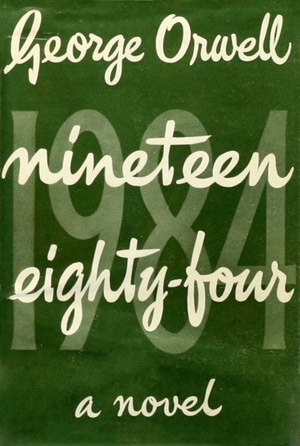
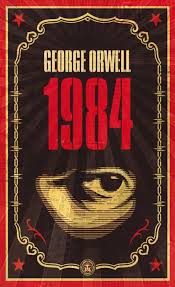
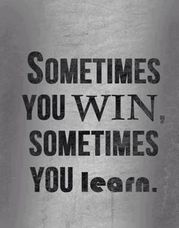
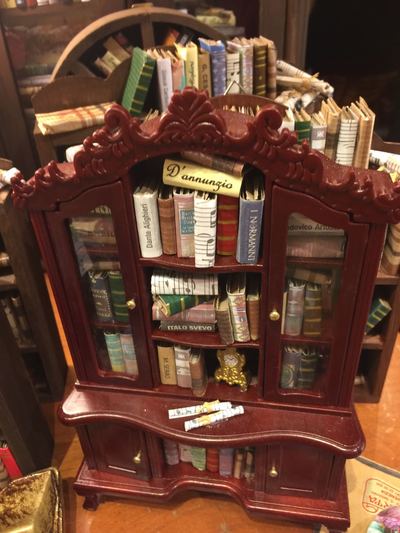
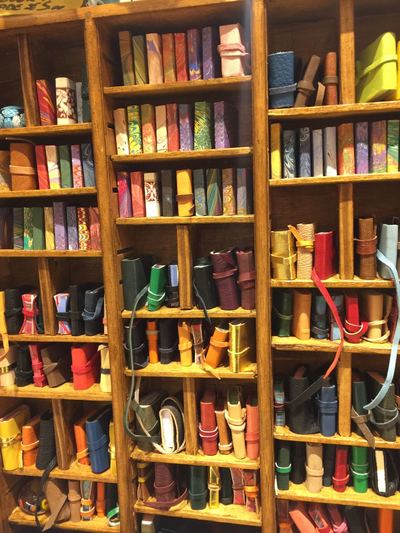
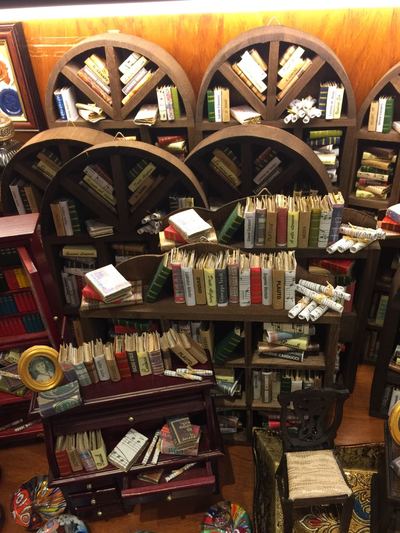
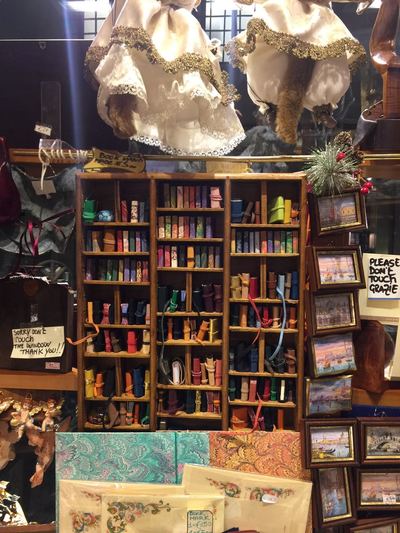
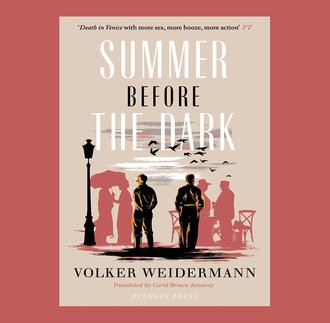
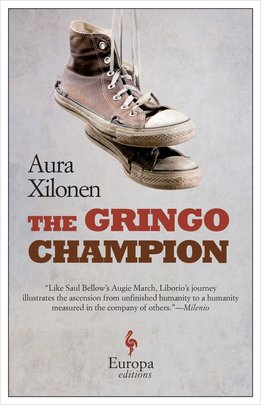
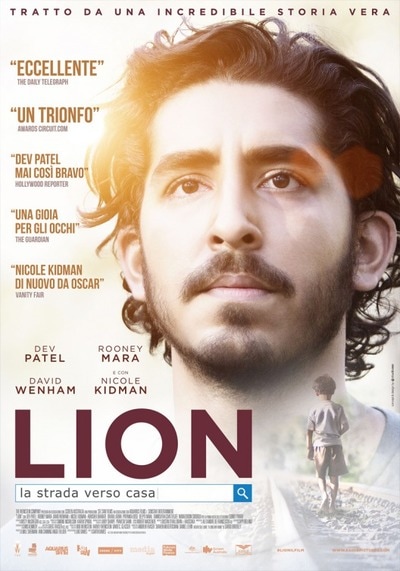
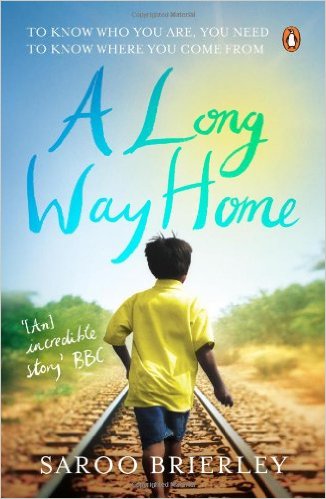
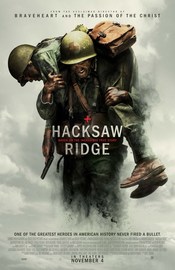
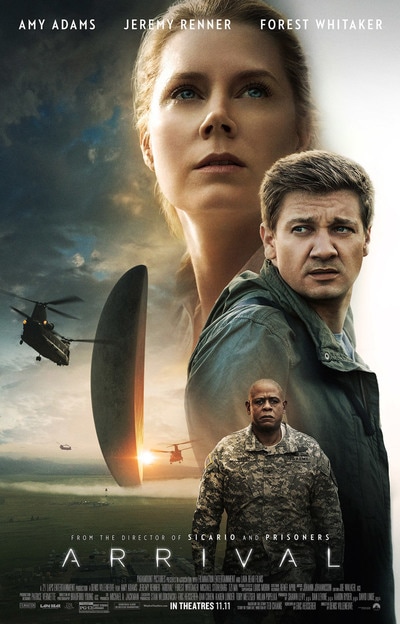
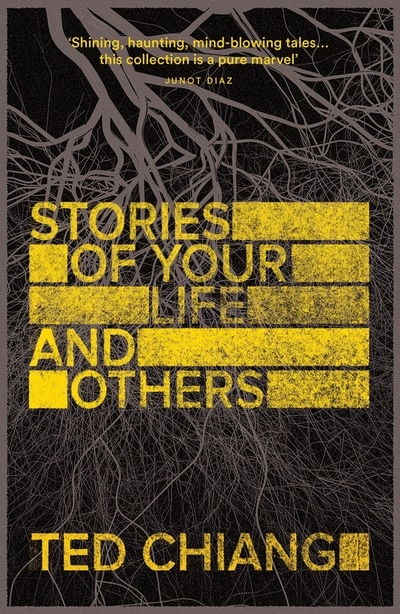
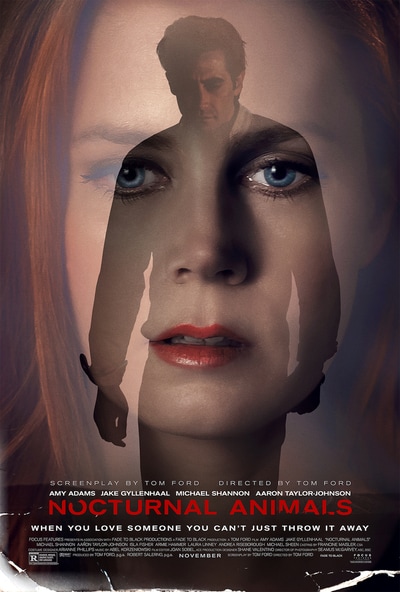
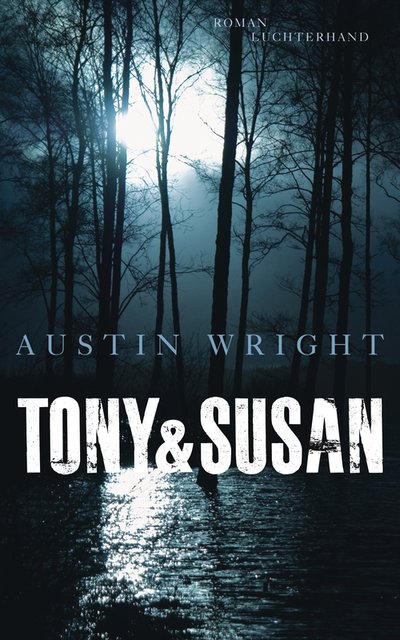
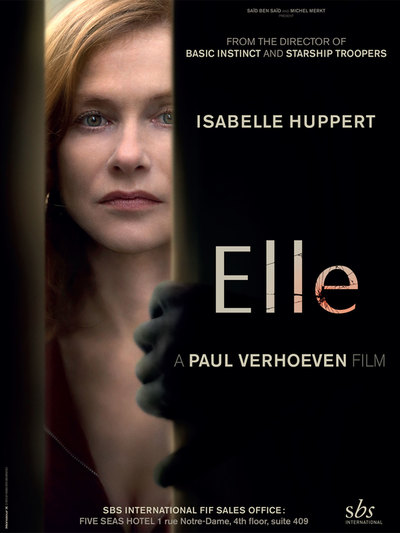
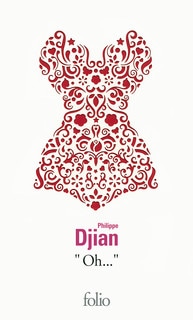
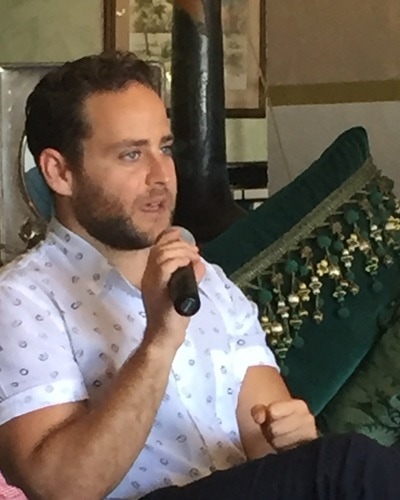
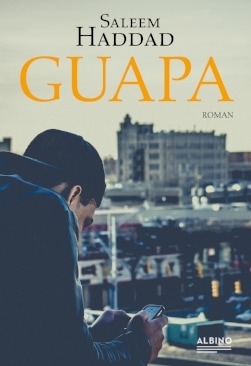
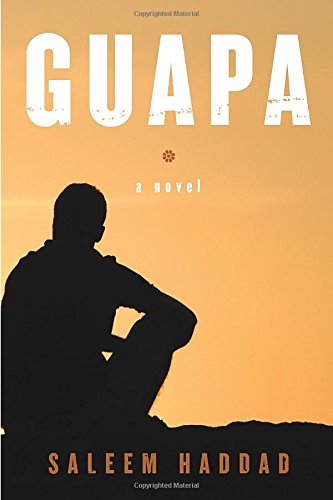
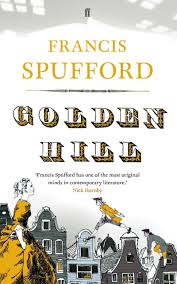
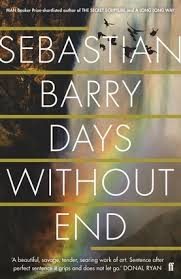
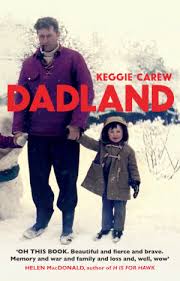
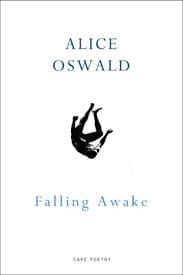
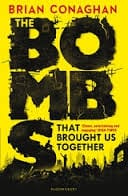
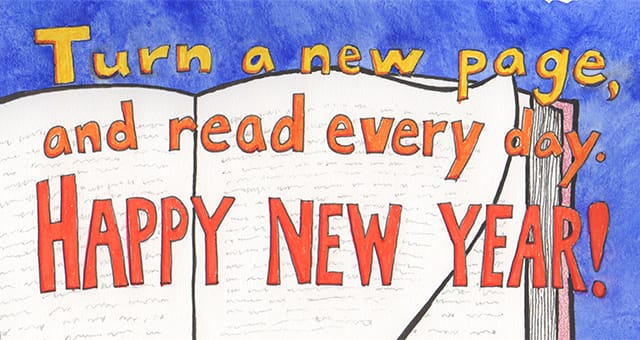


 RSS Feed
RSS Feed
